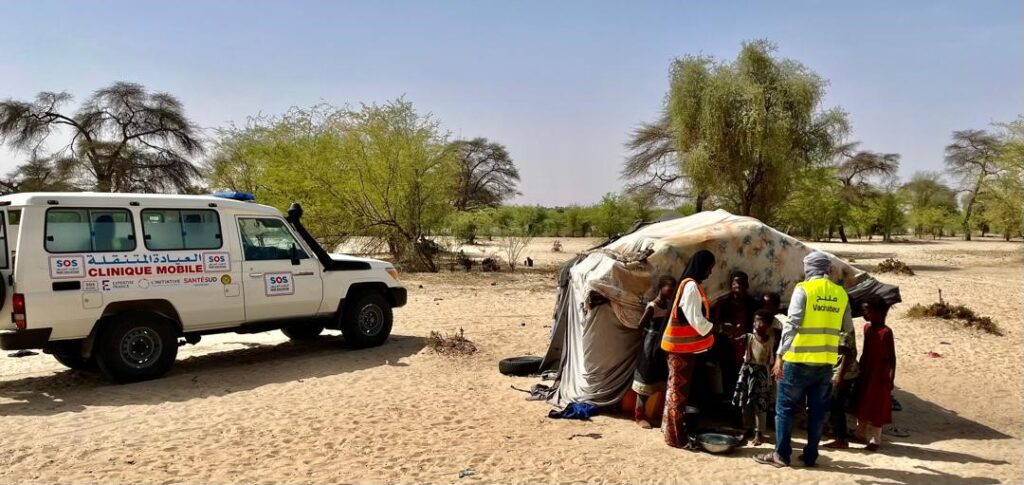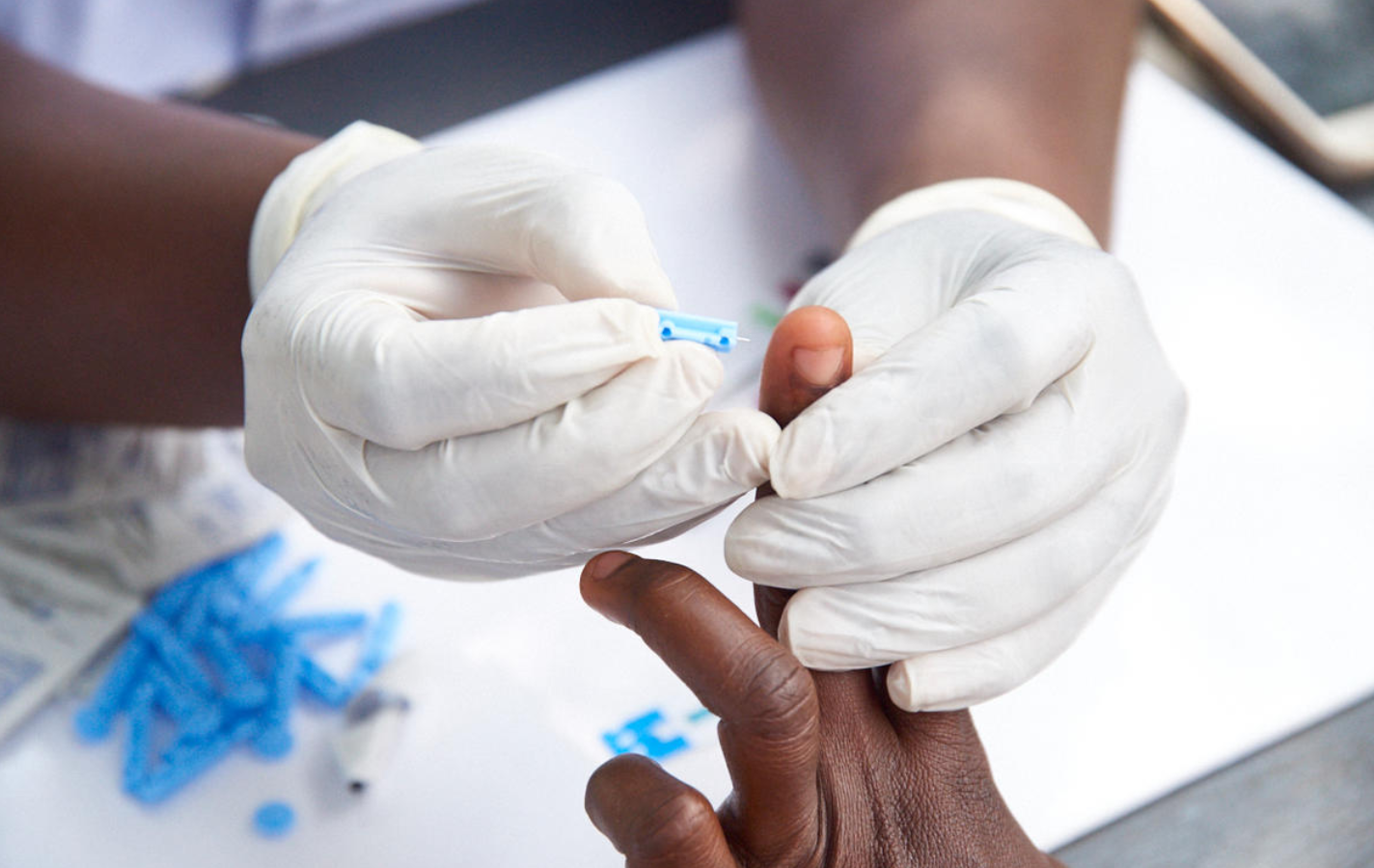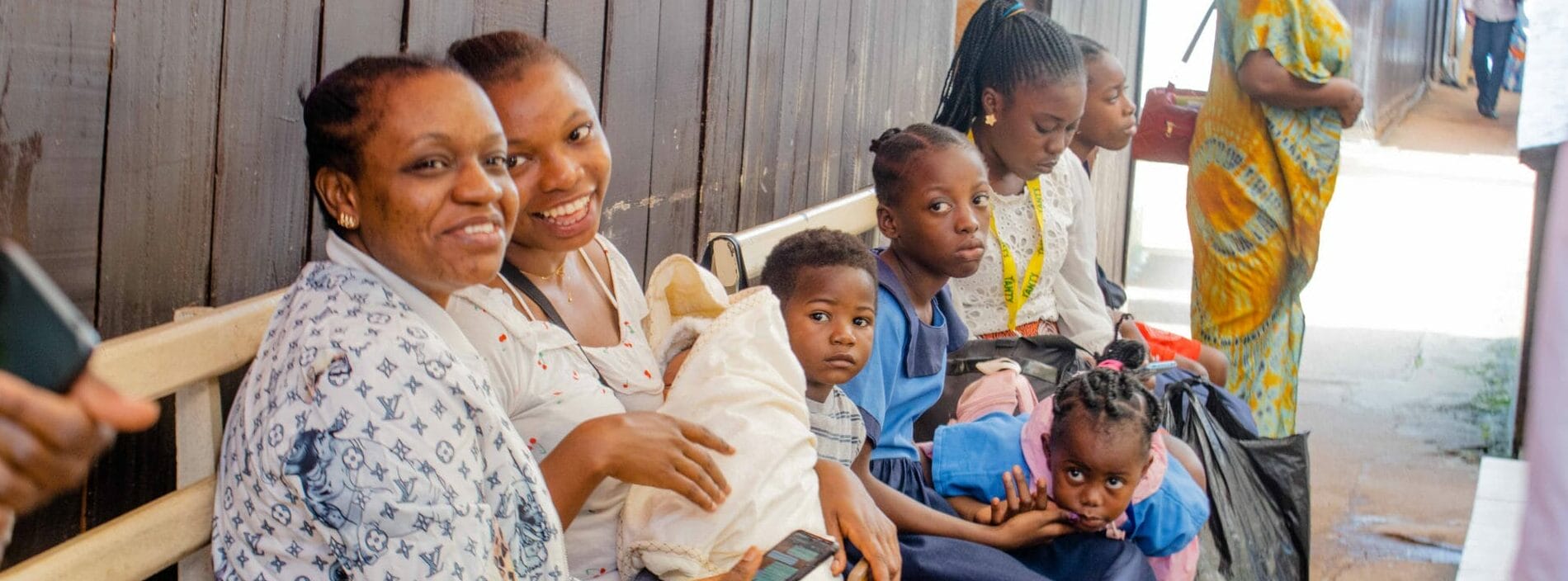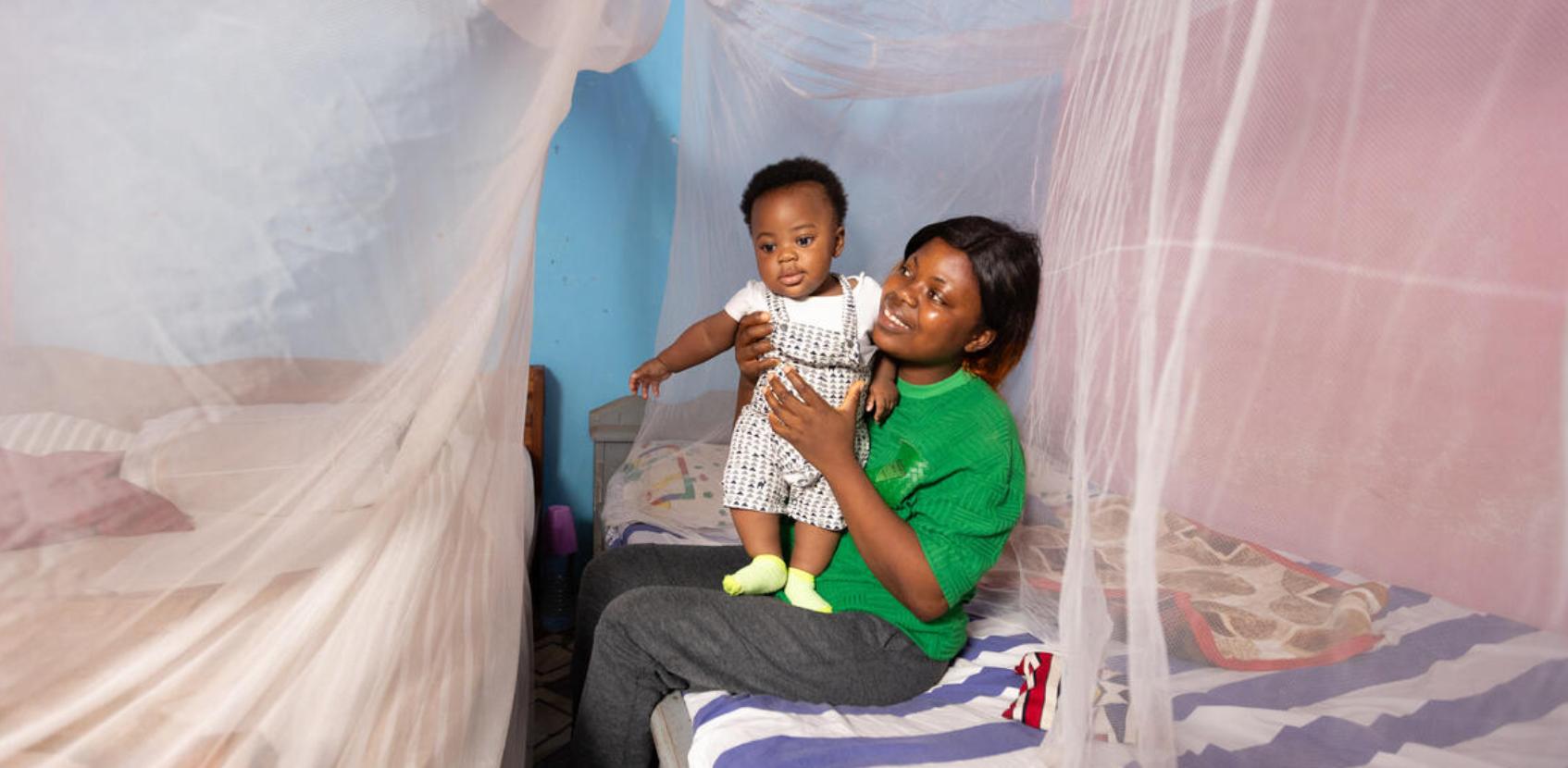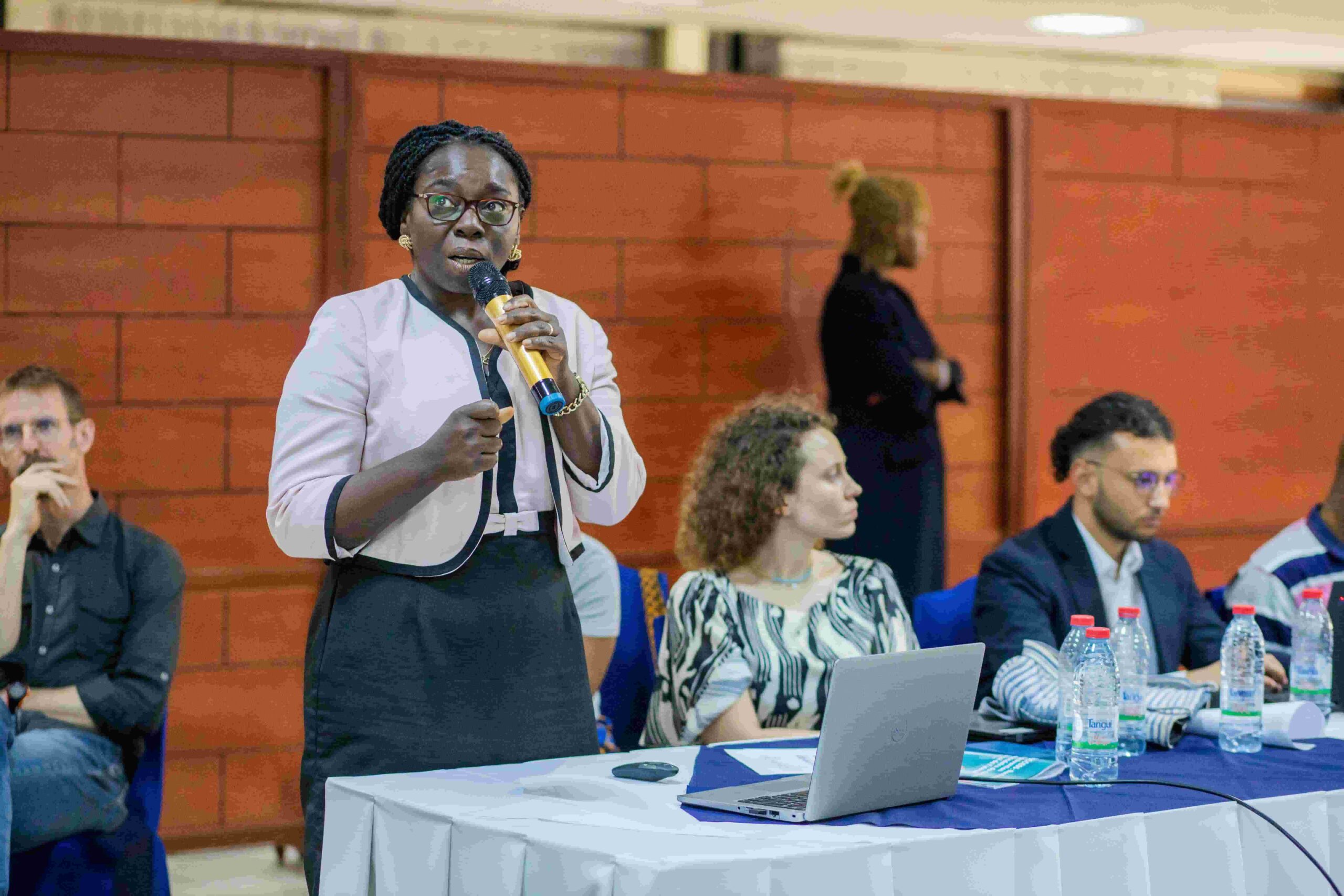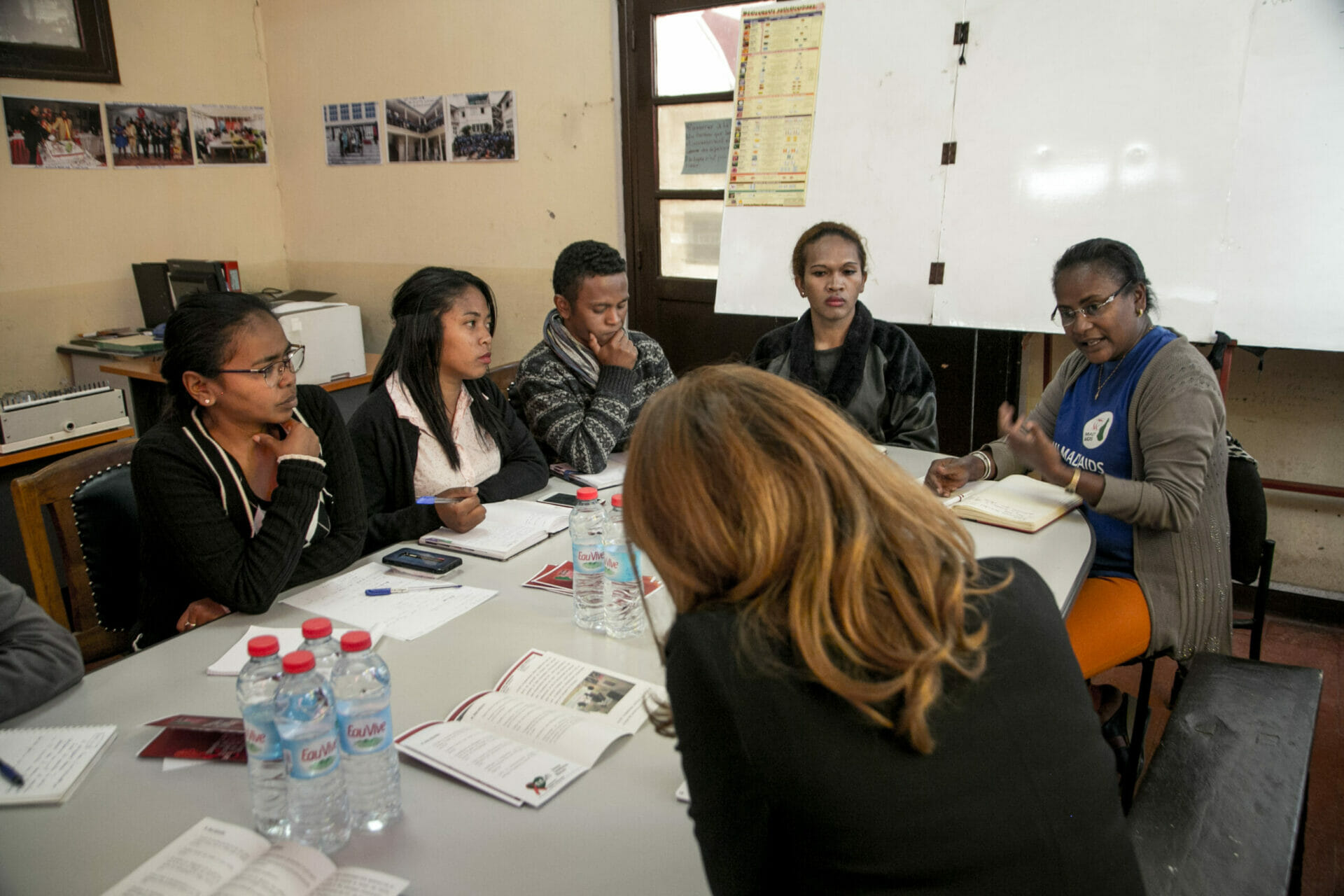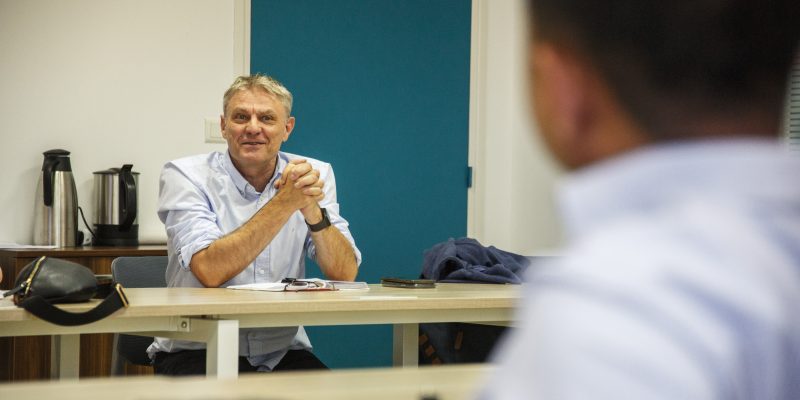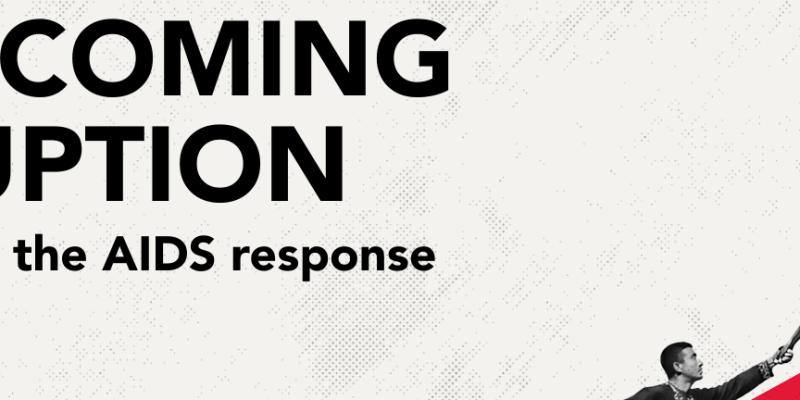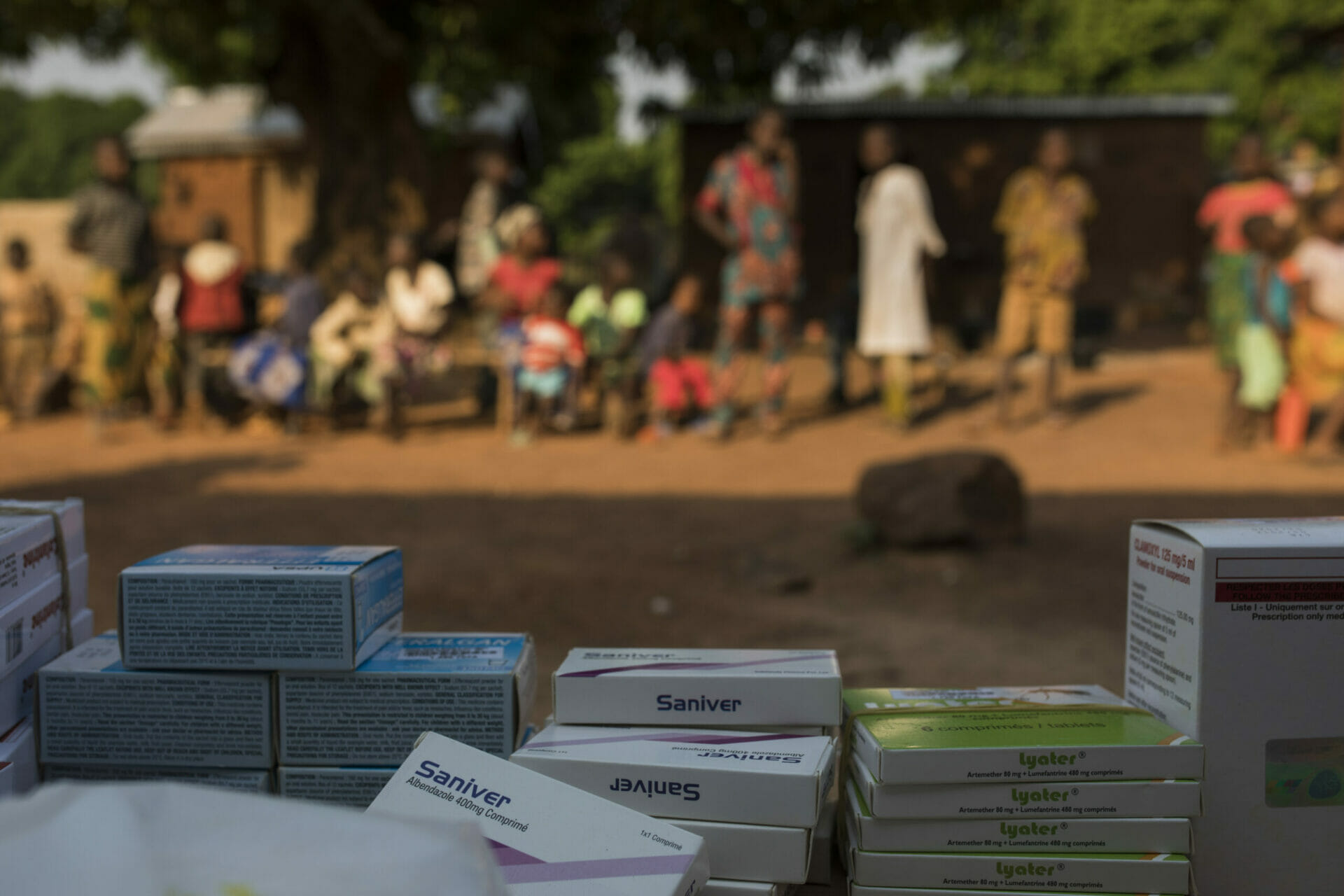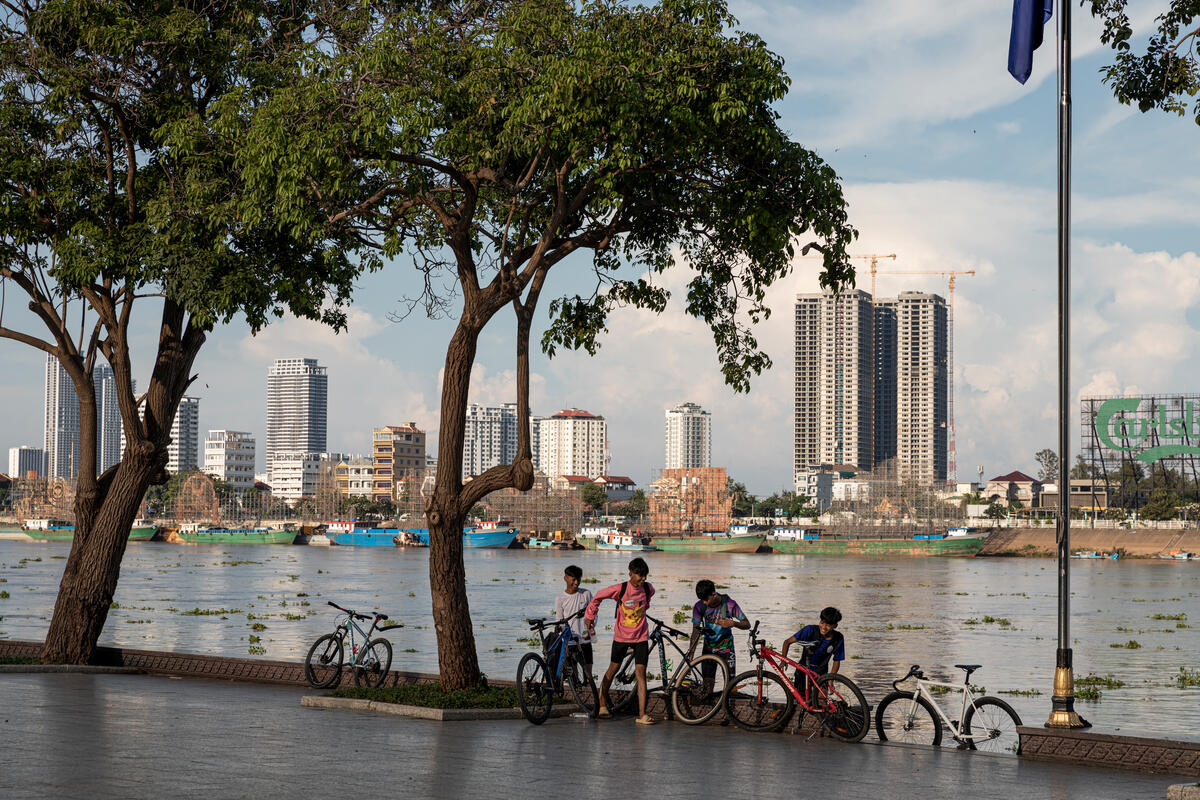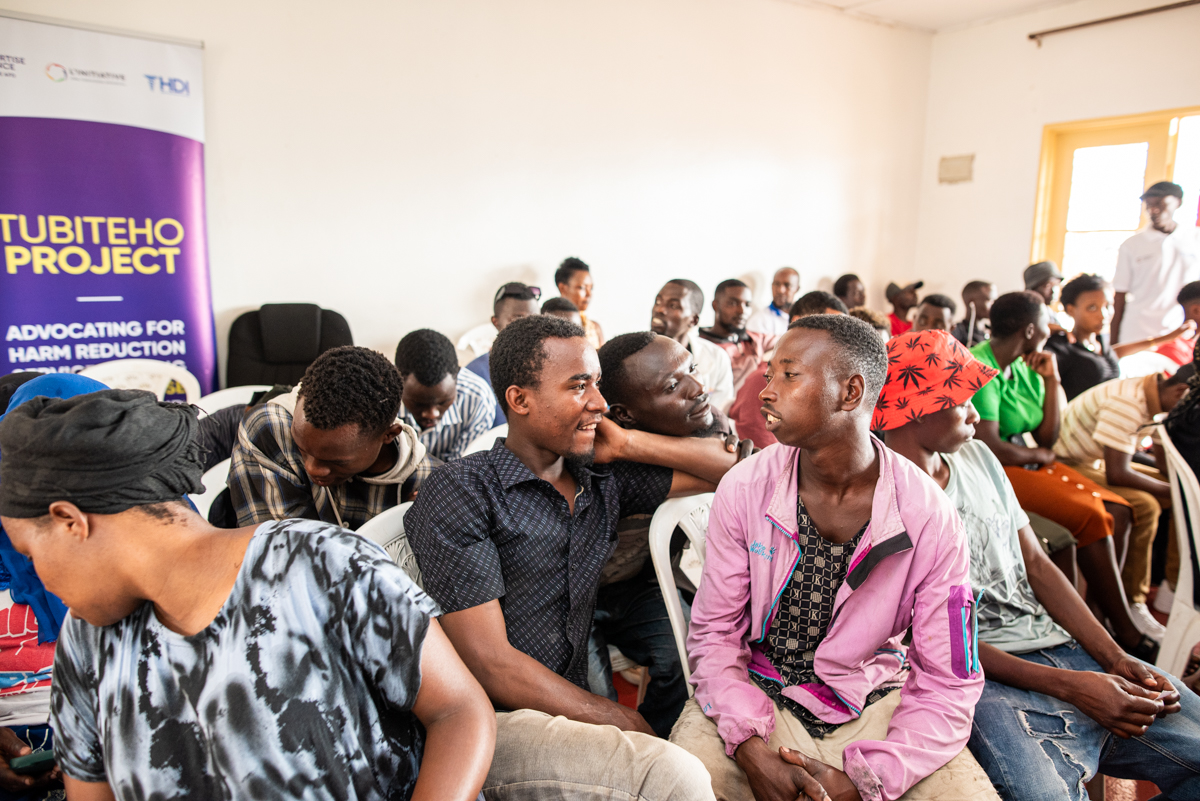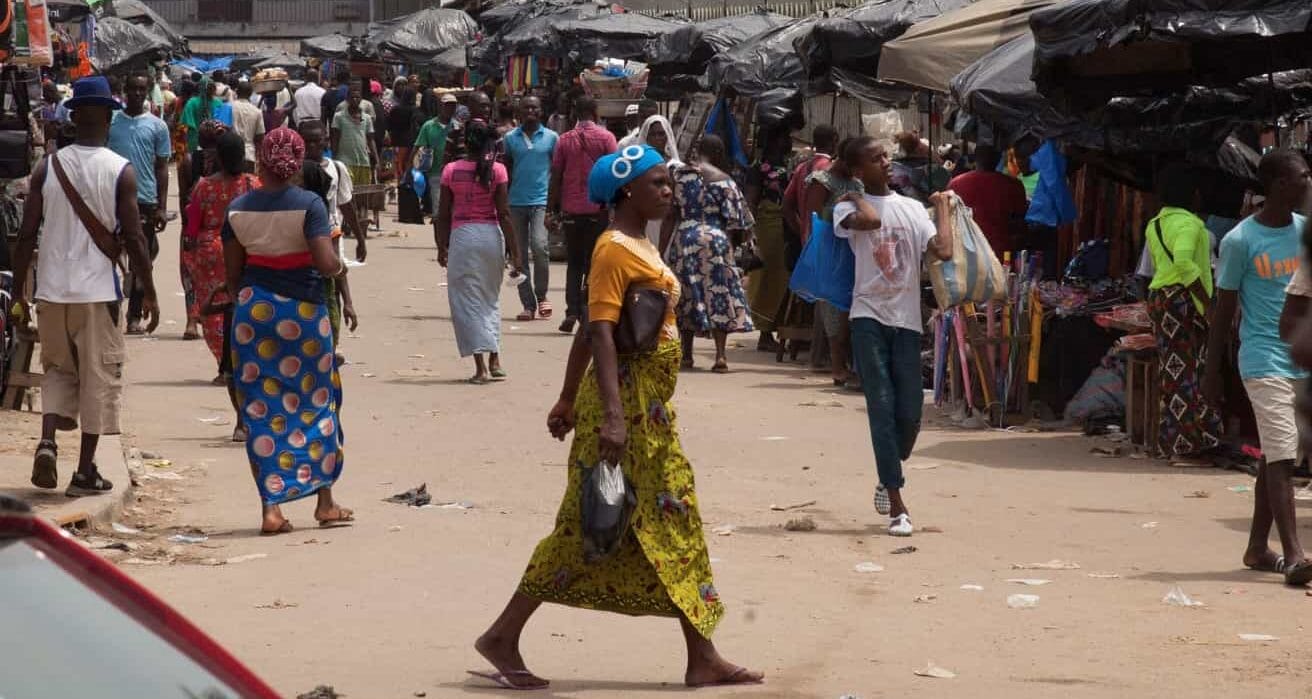World AIDS Day 2024
L’Initiative is committed to ending the AIDS epidemic by 2030—one of the United Nations’ Sustainable Development Goals. This includes access to testing and prevention, combating discrimination, providing psychosocial and economic support for people living with HIV, and offering PrEP (pre-exposure prophylaxis) and treatments to prevent infection with the virus. L’Initiative acts on all fronts of the disease.
In 2024, the human immunodeficiency virus (HIV) remains a major global public health challenge, with more than 39.9 million people living with HIV worldwide. In 2023, one person died of AIDS every minute. In Africa, this virus is the leading cause of death among 10- to 19-year-olds, while young women—aged 15 to 24—are at a disproportionately high risk of contracting it. Every week, 4,000 young women and adolescent girls acquire HIV globally.
L’Initiative, fully committed to the AIDS response
Although significant progress has been made in the fight against HIV, 650,000 people died from AIDS-related illnesses in 2023. Three major challenges remain: access to prevention and treatment services—hampered for the most marginalized people and in low-income countries—; the sustainability of national and international funding; and both virological resistance and societal resistance, as stigma and discrimination against people living with HIV continue.
L’Initiative is committed to the issue of pediatric HIV. The epidemic particularly affects children, who are more vulnerable to the disease—every five minutes, a child dies from HIV worldwide. It is crucial to focus efforts on preventing mother-to-child transmission of the virus. While pediatric treatments exist, barely more than half of children living with HIV have access to them. L’Initiative is mobilizing for a world without new pediatric infections and to ensure that children living with HIV can receive appropriate care.
Another pillar of L’Initiative’s commitment focuses on women’s health, particularly the management of human papillomavirus (HPV), one of the most common sexually transmitted infections. HPV is a risk factor for the development of cervical cancer. Women living with HIV are six times more at risk than the general female population.
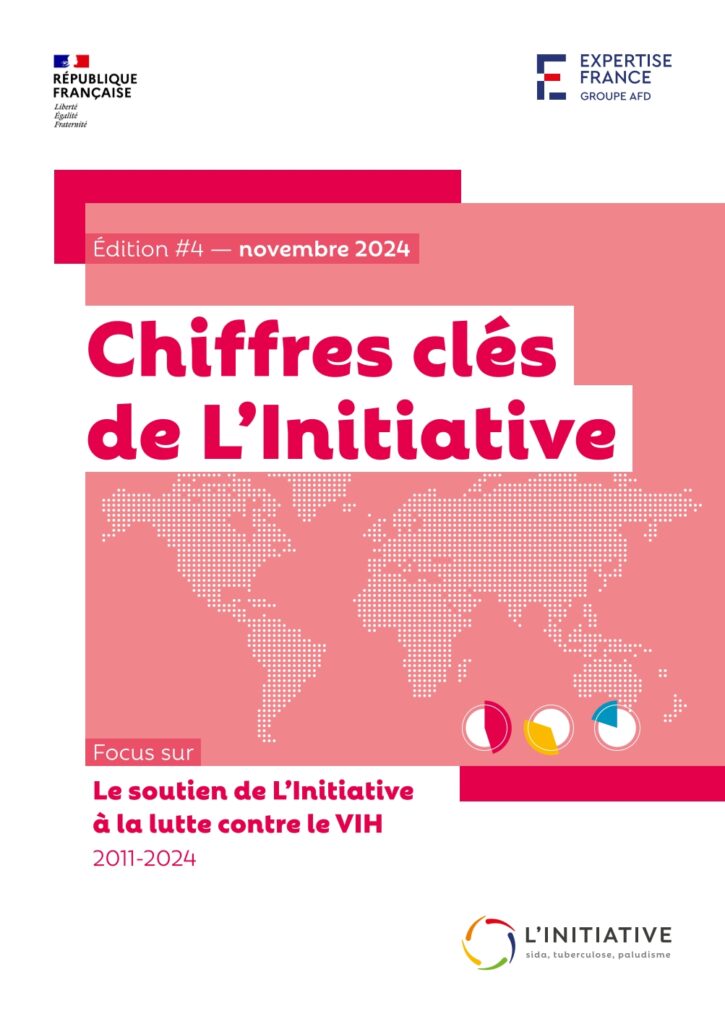
The support of L’Initiative in the fight against HIV
This fourth issue of the Key Figures analyzes L’Initiative’s actions against HIV (2011-2024), their results, geographical priorities, targeted approaches, and the strengthening of health systems for vulnerable populations. Document only available in French.
The need for multisectoral and integrated health approaches
Integrated and multisectoral health approaches are crucial to optimize the effectiveness of prevention and treatment strategies in the fight against HIV. These approaches aim to make health systems more efficient through the coordination of different services, tailored to the needs of the populations concerned, ensuring sustainable and long-term care. Through this approach, comorbidities such as tuberculosis, malaria, and diabetes are also addressed.
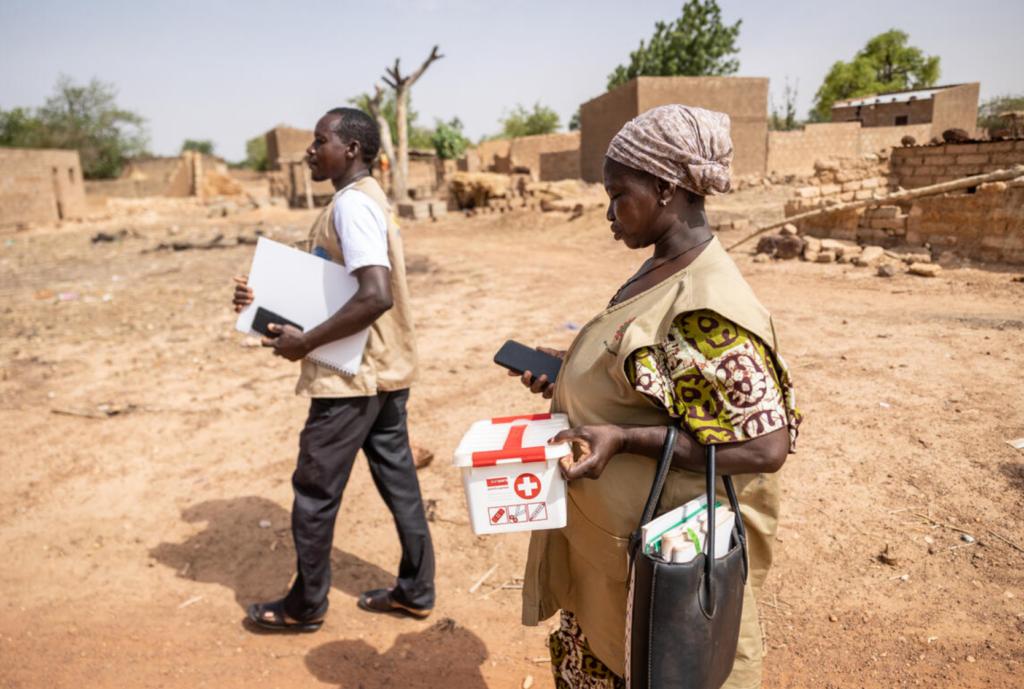
Diabetes and its comorbidities: a public health challenge in Africa
The NGO Santé Diabète currently follows more than 25,000 diabetic patients across Mali, Burkina Faso, and the Comoros. The African continent is experiencing the fastest increase in diabetes prevalence in the world. By 2050, the number of diabetics in the region will have tripled compared to 1990. We met with Stéphane Besançon, founder and CEO of the organization.
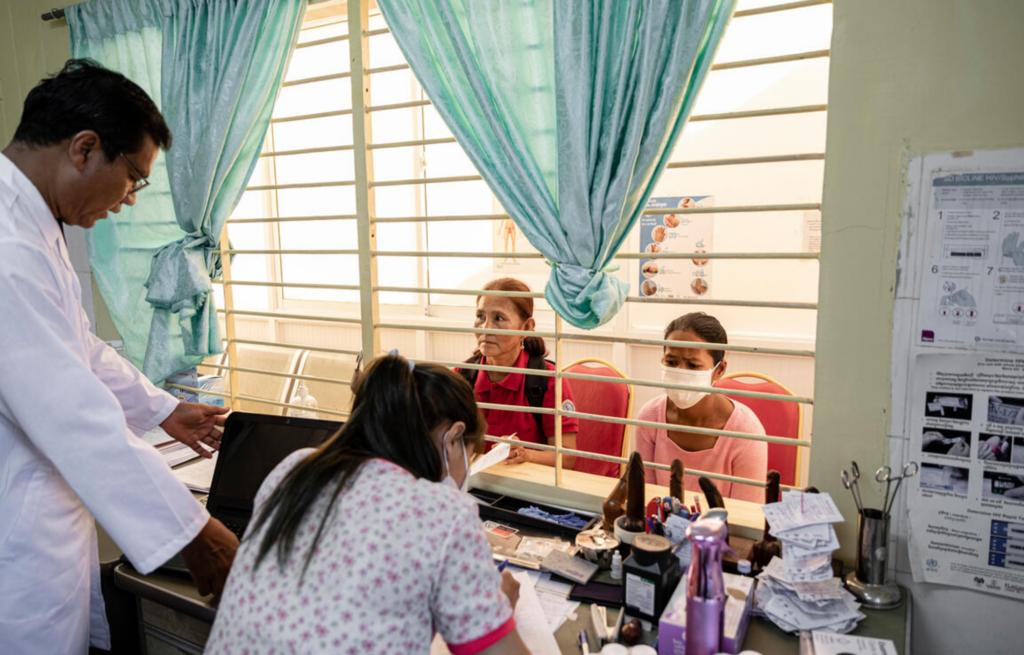
HPV and cervical cancer in women living with HIV/AIDS in Cambodia
Thanks to the technical assistance of L’Initiative, the National Center for HIV/AIDS, Dermatology, and Sexually Transmitted Diseases of Cambodia (NCHADS) has developed standardized operating procedures to support cervical cancer screening in women living with HIV who are on antiretroviral treatment. Dr. Kennarey Seang oversaw this project.
The triple elimination of HIV/AIDS, hepatitis B, and syphilis in sub-Saharan Africa
In sub-Saharan Africa—the region of the world most affected by HIV/AIDS, hepatitis B, and syphilis—co-infection of these three diseases is common, increasing the risk of mother-to-child transmission and complications at birth. To achieve the goals of global strategies for eliminating mother-to-child transmission of these infections, L’Initiative supports two projects. Deployed in Burkina Faso, Gambia, and Guinea, these projects are part of the “triple elimination” strategy proposed by the WHO, based on an integrated approach. The goal is to strengthen mother-to-child transmission prevention by improving access to care, screening, and management of the three diseases for pregnant women.
The fight against AIDS at all ages
HIV affects all age groups, from children to the elderly. Each stage of life presents specific challenges, from preventing mother-to-child transmission to managing comorbidities in seniors living with HIV. For everyone, it is crucial to ensure access to care and fight against stigma and discrimination, which are barriers to treatment.
Growing older with HIV
The VIHeillir project, supported by L’Initiative, is starting its second phase. It aims to address the health needs of people living with HIV aged 50 and older. While their life expectancy has increased due to antiretroviral treatments, new comorbidities such as hypertension, diabetes, and hepatitis are emerging. This project seeks to provide integrated care pathways to manage HIV and these associated conditions.
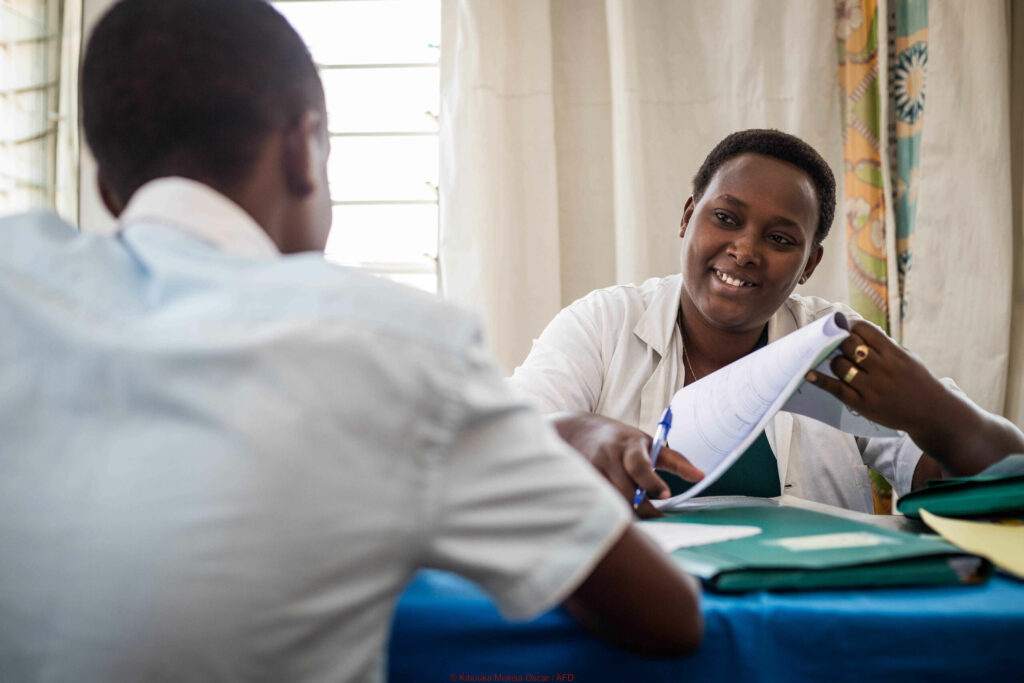
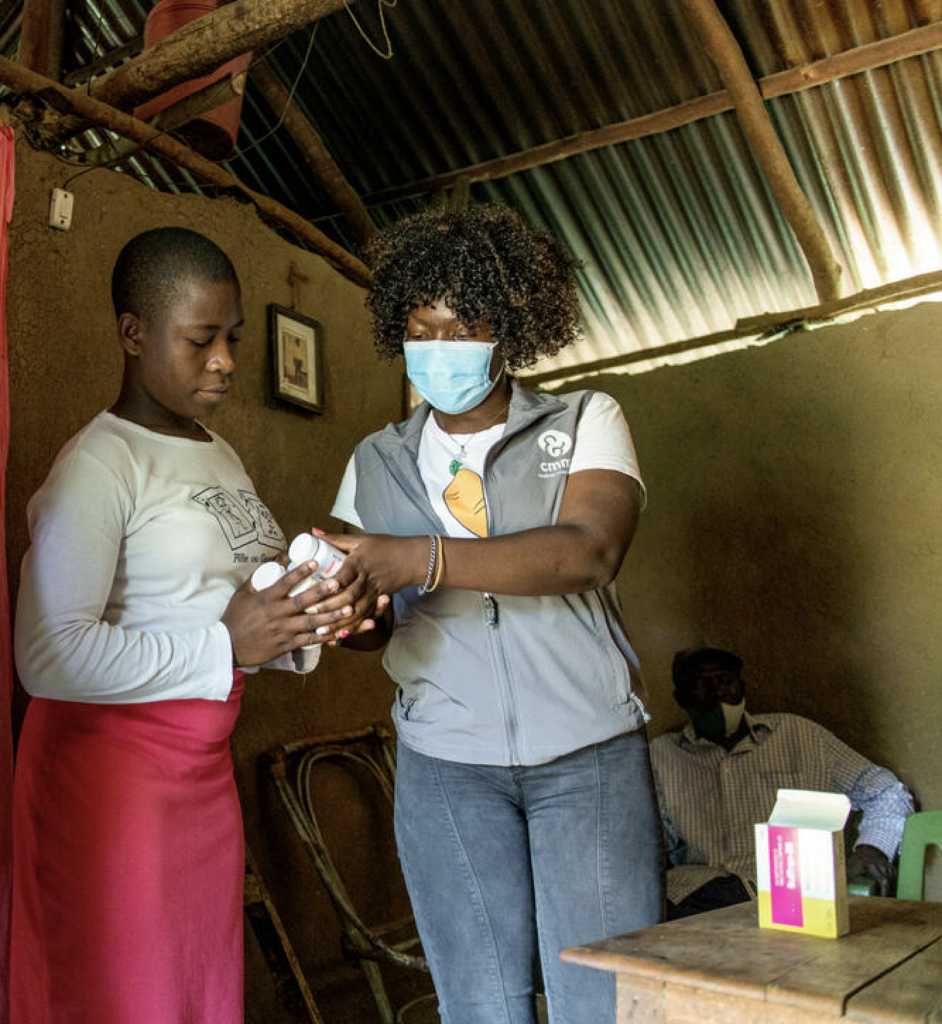
Sidaction: “2030 must be a true milestone in the eradication of HIV”
On the occasion of World AIDS Day 2024, Hélène Roger reaffirmed the association’s commitment to eradicating the pandemic by 2030. The Director of Sidaction’s Analysis and Advocacy Division highlighted critical issues such as pediatric HIV and the need to strengthen advocacy efforts. She also discussed the longstanding collaboration between Sidaction and L’Initiative, emphasizing their shared goal of enhancing the impact of actions in the fight against HIV.
Project Passerelles: supporting young people living with HIV
Adolescence is a challenging time for all teenagers worldwide, and even more so for young people living with HIV. To support them both medically and emotionally and help them take charge of their future, organizations from the Grandir Ensemble network are contributing to Project Passerelles. This initiative, implemented by Sidaction with the support of L’Initiative, operates in Burkina Faso, Burundi, Côte d’Ivoire, and Togo. The program focuses on training, empowerment, and support, ultimately aiming to transfer skills to national stakeholders and scale up its impact.
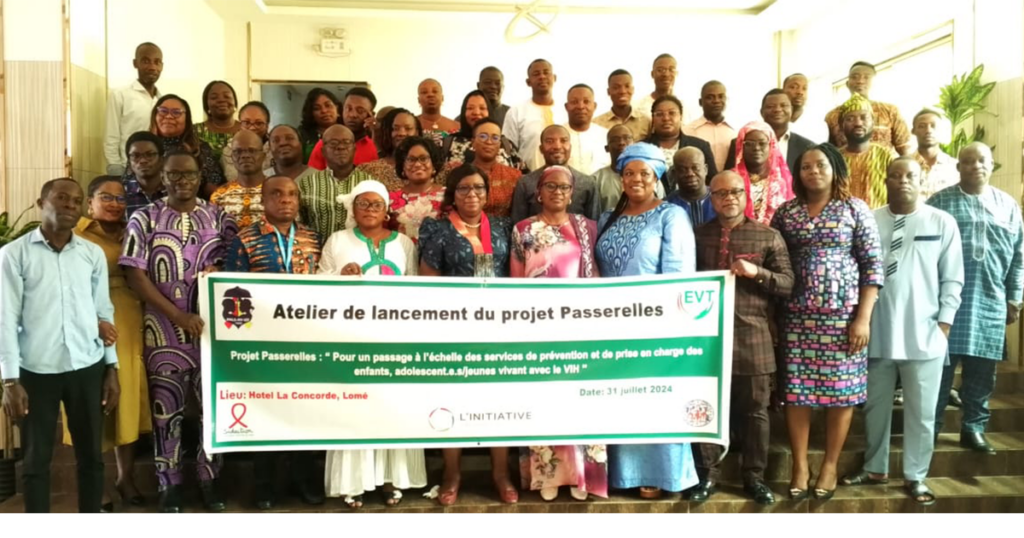
Strengthening the skills of healthcare personnel
Human resources in healthcare are the cornerstone of health systems and are essential in the fight against HIV. L’Initiative is committed to strengthening the skills of healthcare professionals to improve care for populations and build more equitable and effective health systems.
La réponse au VIH avancé
630,000 people die from HIV worldwide each year, despite the expanded access to antiretroviral therapies. Many patients arrive at healthcare facilities with advanced HIV. A specific treatment protocol can save them, provided that doctors are well trained and have access to the appropriate tests and care. With the support of L’Initiative, the Global Fund, and the World Health Organization, a team of doctors has developed a dedicated “toolkit” (document only available in French). David Masson, a pediatrician specializing in HIV, contributed to its development.
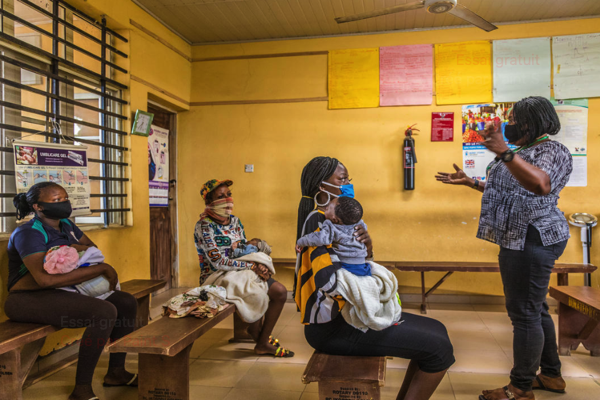
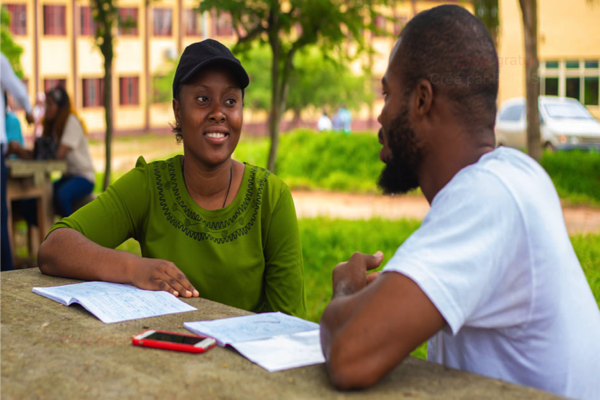
Supporting young professionals in the HIV response through the IAS mentorship program
Supported by L’Initiative, the International AIDS Society (IAS) is launching the fifth edition of its mentorship program. This program aims to strengthen the skills of young professionals and increase their visibility in the HIV response.
Strengthening community services for SRH
L’Initiative’s commitments to sexual and reproductive health and rights (SRHR) align with France’s 2023–2027 international strategy. Among the defined priorities are access to quality services, equality, and rights access for LGBT+ individuals, as well as supporting sexuality education. Community services play a crucial role in the implementation of these rights, especially in relation to HIV. They offer a more inclusive approach that is tailored to local needs, ensuring that care and services are accessible to all, particularly marginalized and vulnerable groups. By strengthening these community-based services, L’Initiative helps ensure that SRHR are upheld in a way that is both effective and equitable.
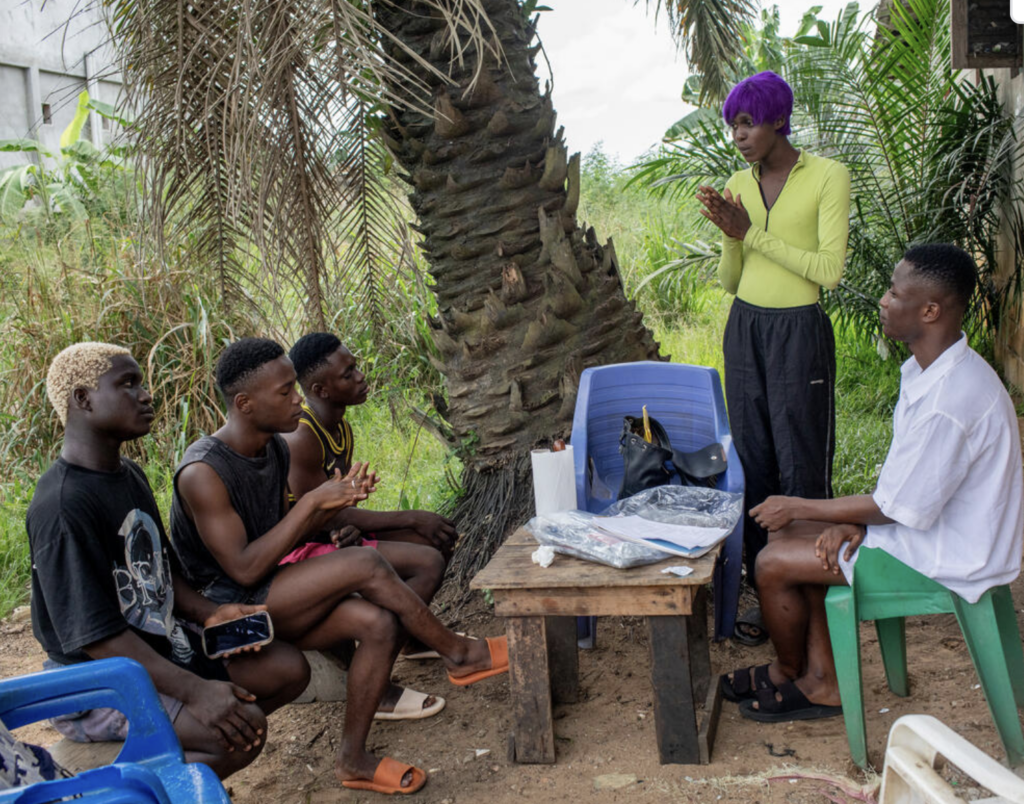
Against HIV, PrEP protects the most vulnerable
For individuals particularly exposed to HIV, pre-exposure prophylaxis, commonly known as PrEP, is a proven prevention method. This treatment almost completely reduces the risk of infection. The “PrEP Femmes” project promotes the deployment of PrEP among sex workers in Morocco and Mali, as well as transgender women and partners of people who inject drugs in Mauritius. Dr. Lahoucine Ouarsas outlines the key issues of the project.
PAJES Project: Improving SRHR for Youth in Guinea
The PAJES project–empowering associations and youth engaged in sexual health—led by the NGO Solthis, aims to improve young people’s access to information about their sexual and reproductive health and rights (SRHR) in Guinea. Supported by L’Initiative, the project’s goal is to contribute to reducing new HIV infections, unintended pregnancies, and sexual violence in the country. The program focuses on strengthening the capacity of partner organizations, as well as implementing awareness-raising and advocacy activities on SRHR, using a participatory approach driven by and for young people.
Advocacy and the fight against stigma—cornerstones of the HIV response
Advocacy and the fight against stigma are central to the HIV response. Advocacy helps mobilize political actors to strengthen national prevention strategies and ensure the rights of people living with HIV. At the same time, the fight against stigma aims to create an environment conducive to prevention and treatment—HIV-related discrimination hinders care. Both advocacy and the fight against stigma contribute to the creation of more inclusive, high-quality, and sustainable health systems.
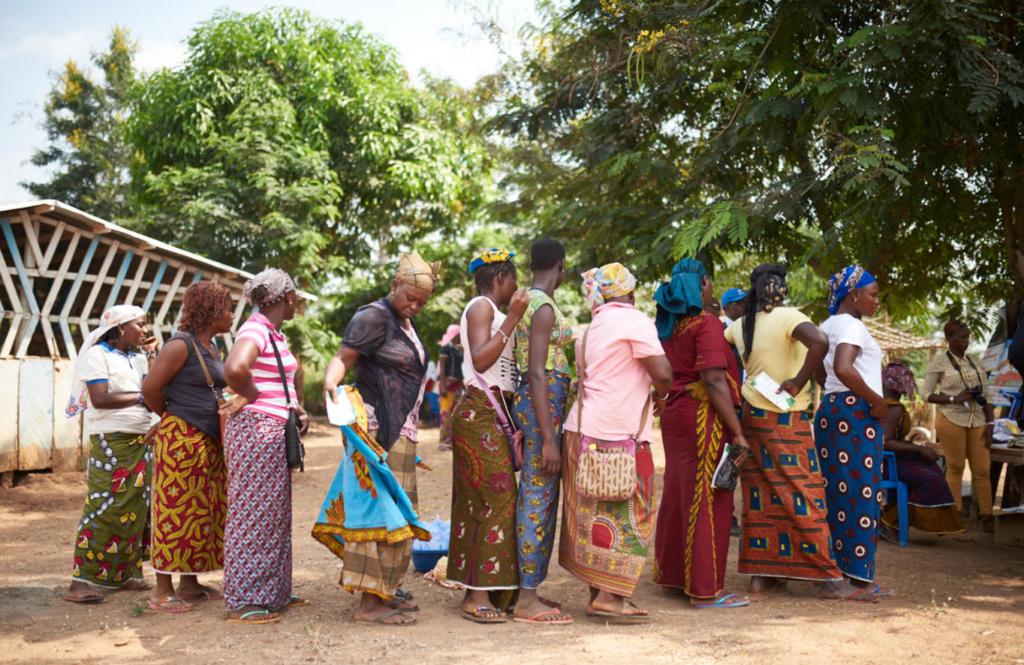
L’Initiative & UNAIDS: A Strategic Partnership to Combat HIV-Related Stigma
A pillar of the Global Strategy to End AIDS 2021-2026, the fight against all forms of HIV-related stigma and discrimination is crucial to ending the AIDS epidemic by 2030. Since February 2024, L’Initiative and UNAIDS have formed a strategic partnership implemented in six countries in West and Central Africa. Fatou Mbacké Sy, UNAIDS project coordinator, reflects on the challenges and goals of this partnership.
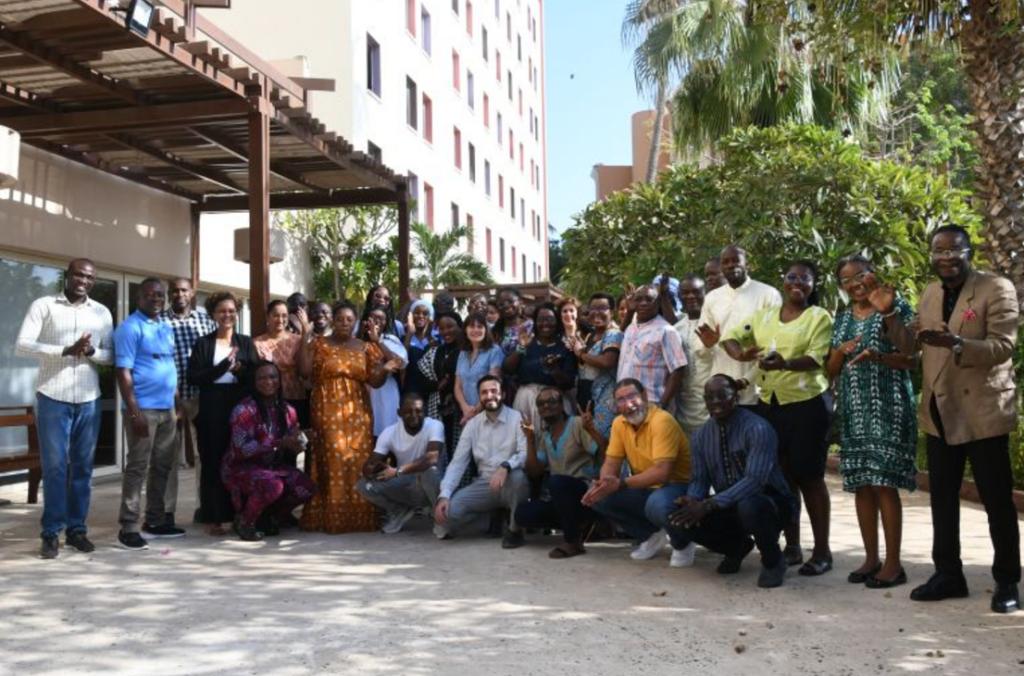
La Fabrique des dialogues: professionalizing advocacy in the fight against AIDS
Ported by a consortium of three associations, La Fabrique des dialogues was launched in Dakar in November 2024. Its goal: to professionalize advocacy and strengthen the capacity of local actors to sustainably influence public health and human rights policies. Kayo Jodelle, representing L’Atelier des Luttes, and Soufia Bham, from Coalition PLUS, emphasize the importance of advocacy in the fight against HIV.
HIV in Madagascar: an observatory on access to care for key populations
Improving access to HIV prevention, testing, and treatment for key populations requires a precise assessment of the on-the-ground reality and listening to the people affected, where they are, according to Dr. Ravelohanta, an addiction specialist and coordinator of the community-based HIV alert system (Sycavi). As part of this project, four associations have been precisely measuring, for the past three years, stock shortages and other systemic issues faced by the most vulnerable populations in Madagascar. The goal is to build an informed advocacy campaign to present to the authorities.
